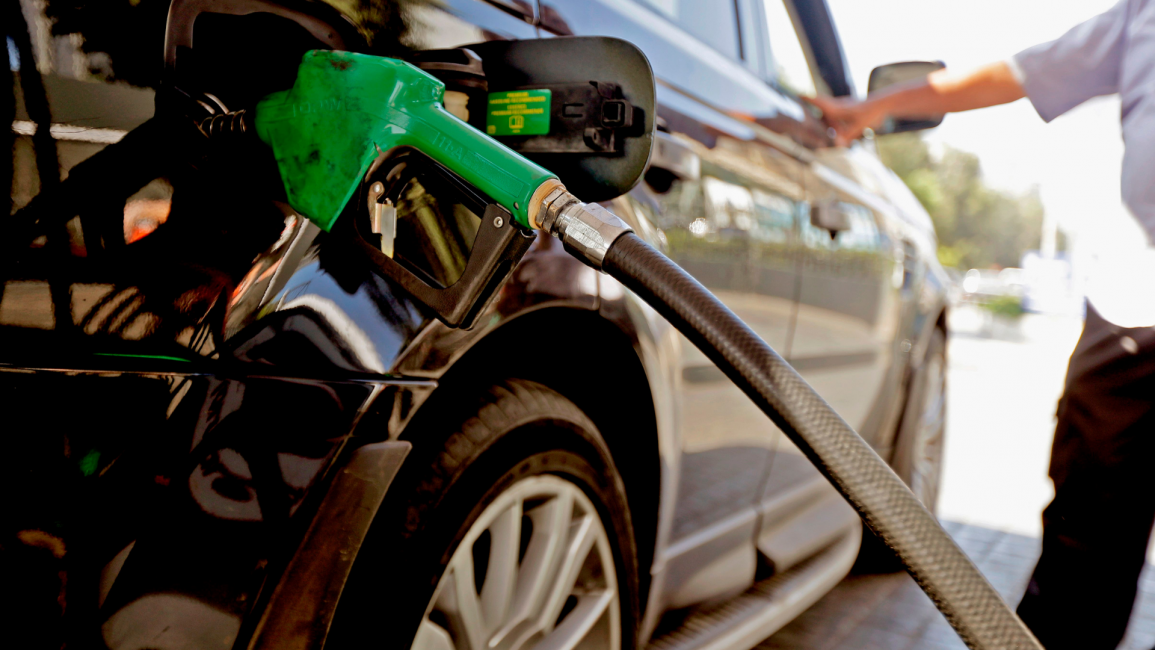Lebanon leaders reach short-term compromise on fuel
Lebanese leaders agreed a short-term compromise to maintain fuel subsidies Saturday, the presidency and the prime minister's office said, in a bid to ease severe shortages.
Earlier this month, the central bank said it could no longer support fuel imports at a preferential exchange rate, in what many saw as a de facto end to subsidies.
Widespread panic ensued, with distributors scaling back deliveries ahead of expected price hikes and desperate motorists forming long queues outside petrol stations.
On Saturday evening, the presidency announced approval of a "request for the Bank of Lebanon to open a temporary account to cover urgent and exceptional subsidies for fuel".
A kitty of up to $225 million would be set aside to subsidise imports of petrol, fuel oil and cooking gas until the end of September, it said.
The decision was taken at a meeting attended by the president, the central bank chief and the caretaker prime minister, as well as the outgoing ministers of finance and energy.
Lebanon's currency remains officially pegged at 1,507 to the dollar, but it has lost more than 90 percent of its value on the black market.
The central bank previously provided fuel importers with dollars at an intermediate exchange rate of 3,900 pounds to the greenback, and fuel prices were fixed by the energy ministry based on this rate.
The central bank would now ensure that the energy ministry could set prices based on an exchange rate of 8,000 pounds to the dollar, the presidency and the prime minister's office said.
Lebanese officials have blamed the fuel crisis on hoarding by distributors seeking to sell at higher prices, as well as smuggling to war-torn Syria.
Lebanese economist Nassib Ghobril said the agreement was a "compromise" that sought to allow fuel importers to release more stock and reduce shortages.
"But it will not solve the problem," the chief economist at the Byblos Bank Group said.
"The solution is to lift subsidies completely. That would lead to the disappearance of these long lines at the gas stations, and will discourage smuggling," he said.
Saturday's decision comes after a fuel tank blast killed around 30 people in northern Lebanon as they sought to fill plastic containers.
In recent weeks, people have also struggled to find enough fuel oil to run back-up generators that now provide most of the country's electricity as the state utility has all but stopped supply.
Lebanon is mired in one of the world's worst financial crises since the 1850s, and more than three-quarters of the population now live in poverty.
The prime minister's office said it was also "decided to pay a month's salary in two instalments to all public sector workers". It gave no timeline for disbursement.
The government stepped down a year ago after a massive blast in Beirut port that killed more than 214 people, but has stayed on in a caretaker capacity amid deadlock over a replacement line-up.

![Trump's warm greeting to Netanyahu contrasted with Kamala Harris's critical reception [Getty]](/sites/default/files/styles/image_330x185/public/2024-07/GettyImages-2162908988.jpg?h=69f2b9d0&itok=OLc5dL88)
![The brutal assault on Khan Younis has killed dozens and displaced thousands more [Getty]](/sites/default/files/styles/image_330x185/public/2024-07/GettyImages-2162526709.jpg?h=d3eda8cf&itok=n5N-o8p5)
![Members of the Algerian delegation threw roses into the Seine [Getty]](/sites/default/files/styles/image_330x185/public/2024-07/GettyImages-2162980872.jpg?h=199d8c1f&itok=h_3o_TOL)